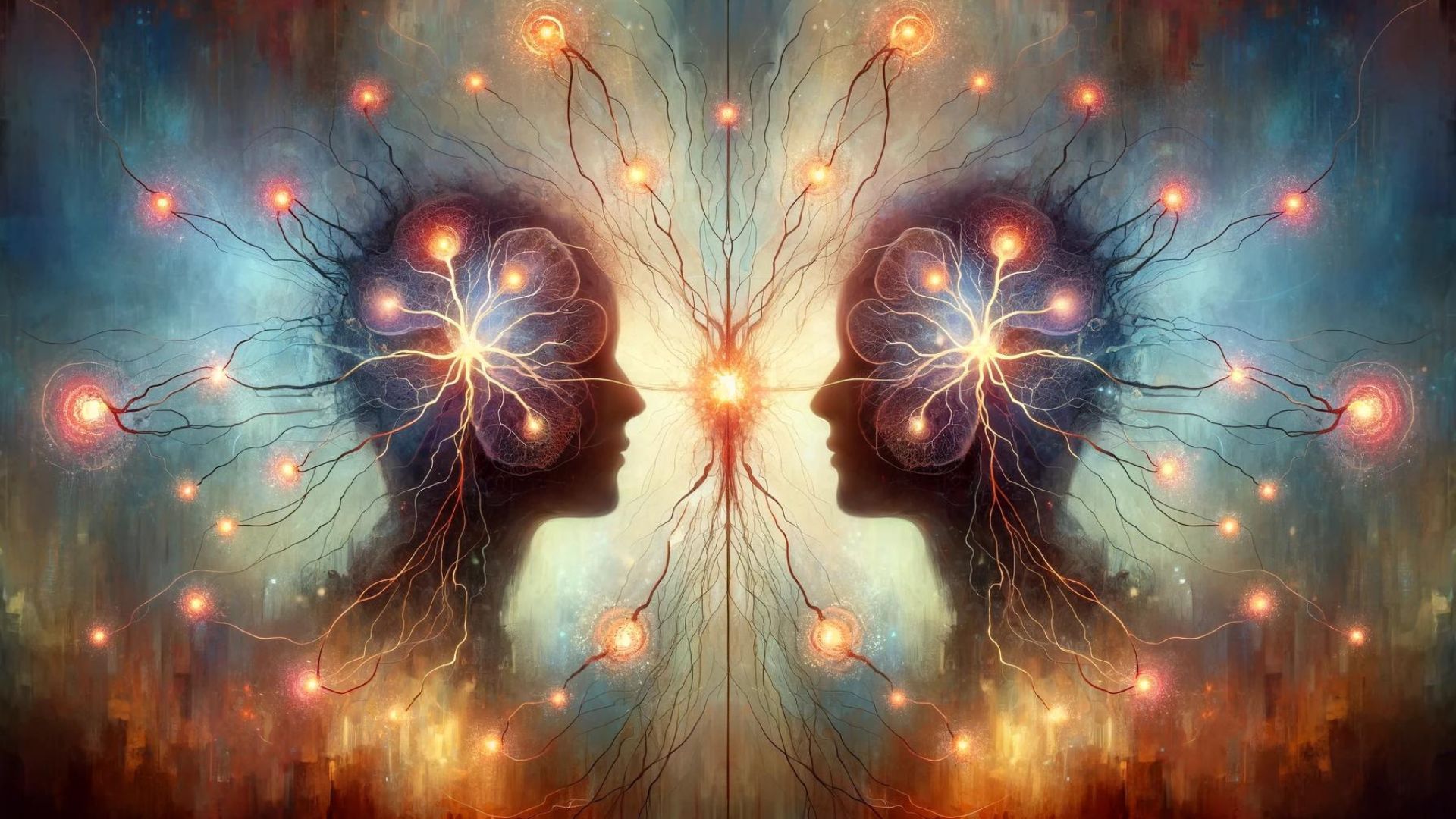Mirror Neurons: The Neurological Roots of Empathy
Have you ever winced when someone else gets a paper cut or felt a surge of joy just watching someone else succeed? This ability to resonate with the experiences of others is the cornerstone of empathy. Scientists believe a special class of brain cells called mirror neurons might play a crucial role in how we understand and share the feelings of others.
What are Mirror Neurons?
Mirror neurons were initially discovered in monkeys and later found in humans. What makes them remarkable is that they fire both when you perform an action yourself AND when you simply observe someone else doing the same action. It’s as if your brain is internally mirroring the actions and emotions you see.
Mirror Neurons and Empathy: The Connection
Here’s how mirror neurons might lay the foundation for empathy:
- Understanding Actions: When you see someone grasp an object, your own motor mirror neurons activate, helping you understand their intention and goal.
- Feeling Emotions: Mirror neurons also seem to be active in brain regions associated with emotions. Witnessing someone in pain or expressing joy can trigger a similar emotional response within yourself.
- Building Connection: This internal mirroring allows you to put yourself in another person’s shoes, fostering a deeper understanding of their experience.
Beyond Simple Mirroring
It’s important to note that empathy isn’t just about automatically mimicking emotions. Our complex social brains and past experiences also greatly influence how we interpret and respond to others’ feelings. However, mirror neurons might provide that initial spark of shared experience, essential for true empathy.
Mirror Neurons in Autism
Intriguingly, research suggests some differences in mirror neuron system activity in people with autism spectrum disorder (ASD). This supports the theory of mirror neurons being involved in social understanding and empathy.
The Empathy Puzzle
While mirror neurons are a captivating discovery, they only represent one piece of the empathy puzzle. Other brain regions, personal experiences, and even hormones like oxytocin all work together to shape our unique capacity for understanding and responding to the emotions of others.
The Wonder of Shared Experience
The next time you feel a deep connection to someone else, whether it’s sharing their grief or celebrating their triumph, consider the potential role of mirror neurons. They offer a fascinating glimpse into the biological basis of our ability to resonate with the experiences of those around us.











0 Comments